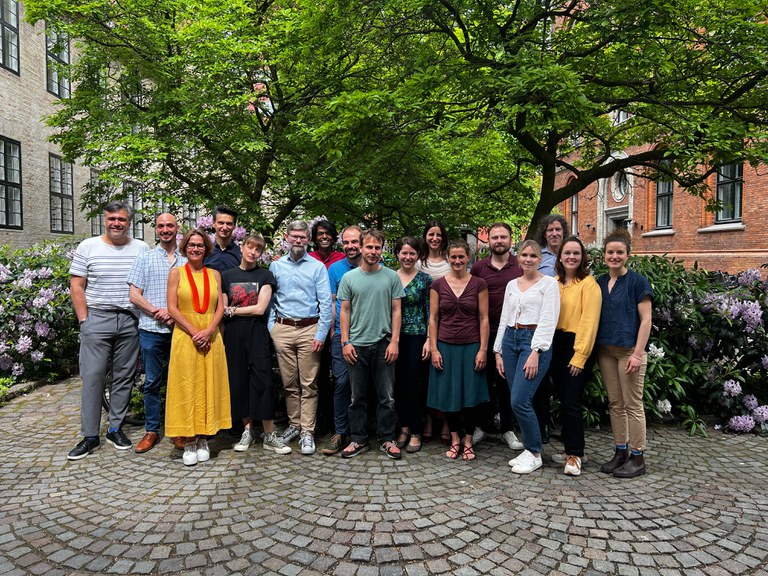Translating climate science for international law: Second multidisciplinary workshop in Copenhagen
The overall aim of this collaborative undertaking is to enhance our understanding of how Climate Science has been used, and can be used, in the development, interpretation and application of international legal rights, obligations and procedures, including litigation, that are relevant to Climate Change. The small group format in which these efforts take place is particularly suited for this in-depth effort at cross-disciplinary understanding.

The past year had been marked by ongoing collaboration on 5 paper projects that explore a number of key concepts that are used across disciplines. Cross-cutting questions that these papers intend to address concern the extent in which scientific information can be used to better understand, interpret and apply fundamental legal notions such as 'causation', 'harm', 'uncertainty', 'vulnerability' and 'highest possible ambition', as well as the extent in which translation of complex scientific information from climate science to international law is needed, possible and desirable in this context.
The primary aim of the Copenhagen workshop was to bring the multidisciplinary group back together to benefit from its collective expertise and further brainstorm and exchange about the substance of current and future collaborations. The workshop kicked off with an update and discussion on international climate litigation, including the case of Klimaseniorinnen v. Switzerland before the European Court of Human Rights and the International Tribunal for the Law of the Sea's Advisory Opinion on Climate Change and International Law.
Lively discussions followed on some outstanding questions that the group members are dealing with in their research, such as:
- the different meaning of the concept of causation in International Law and Climate Science, the difference between qualitative and quantitative statements on causation and the different roles they may play in fulfilling causal test in law, and the challenges of establishing causality when there is limited data available (which disproportionately affects vulnerable communities);
- the different types of uncertainty that can be encountered in climate litigation and the importance of understanding these differences in the judicial assessment. This includes an understanding of which uncertainties can be overcome (for instance, because they depend on normative choices that determine what will happen in the future) and which ones are inherent to science (and might in some instances be reduced, but never fully eliminated) and must be accepted by law for it to be able to rely on scientific expertise;
- the complementary of law and science in determining what is a ‘harm’ to the environment, as this calls for both a scientific assessment of what constitutes a change in the environment and its effects and a value judgement of whether those changes and effects are considered to be negative.
Before closing the workshop, there was time reserved to discuss some of the future steps that lie at the horizon. The decision was made to formalize the group under the name SciLex: Forum for Climate Science and International Law Exchange.
The decision was made to formalize the group under the name SciLex: Forum for Climate Science and International Law Exchange. Members agreed that the main strength and added value of this multidisciplinary group lies in its academic nature. Many individual members bring with them practical experience in the fields of climate policy, litigation and negotiation, but all are ultimately academics trying to push the academic state of the art, and this will also be the focus of future collaborations. Since the SciLex Forum is doing work that is societally relevant, outward-facing activities and valorization will be an important topic for future discussion.

